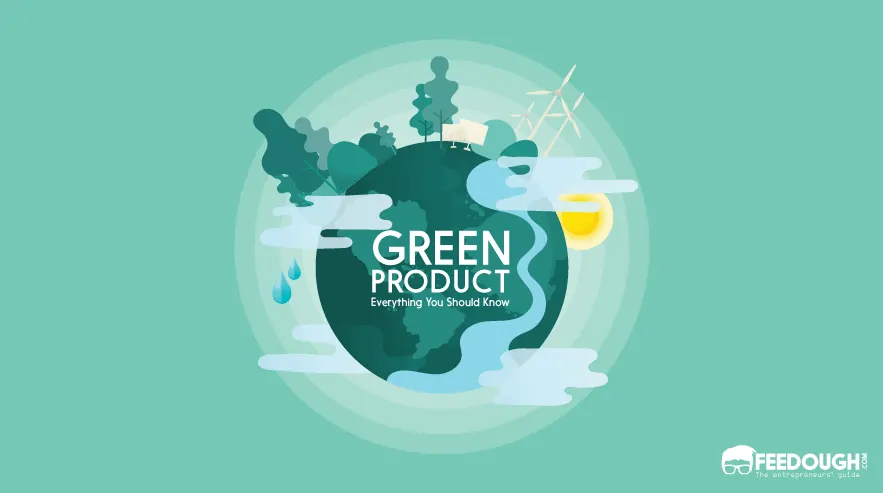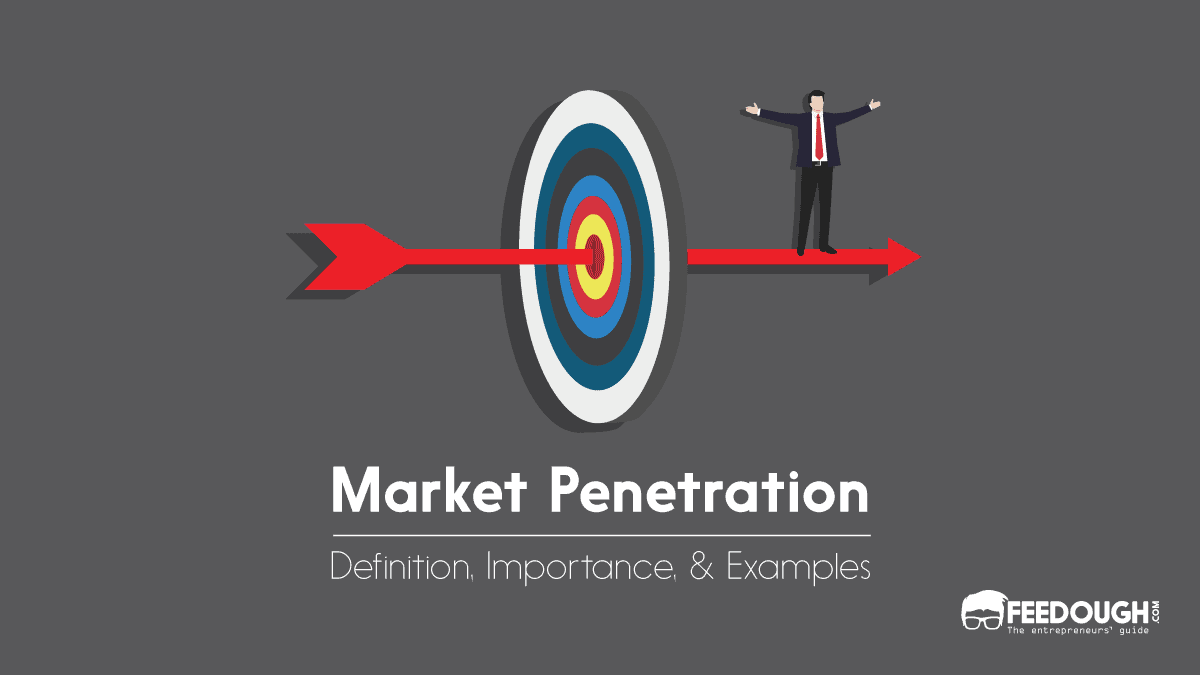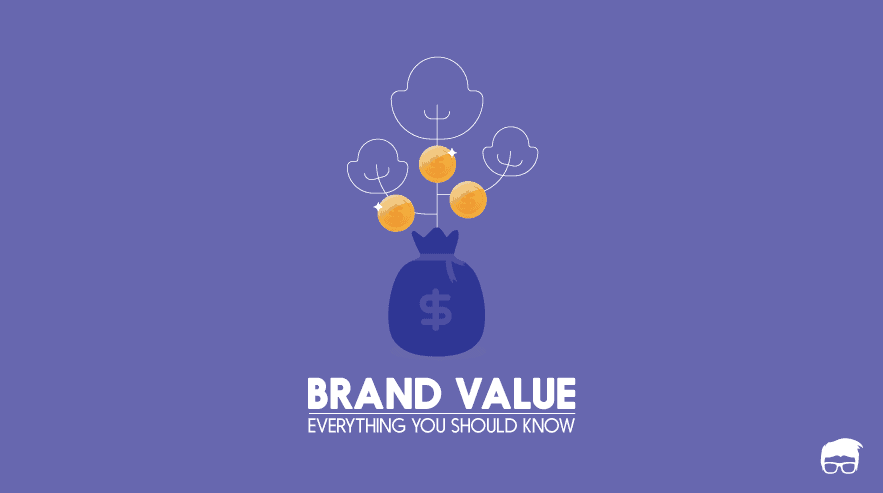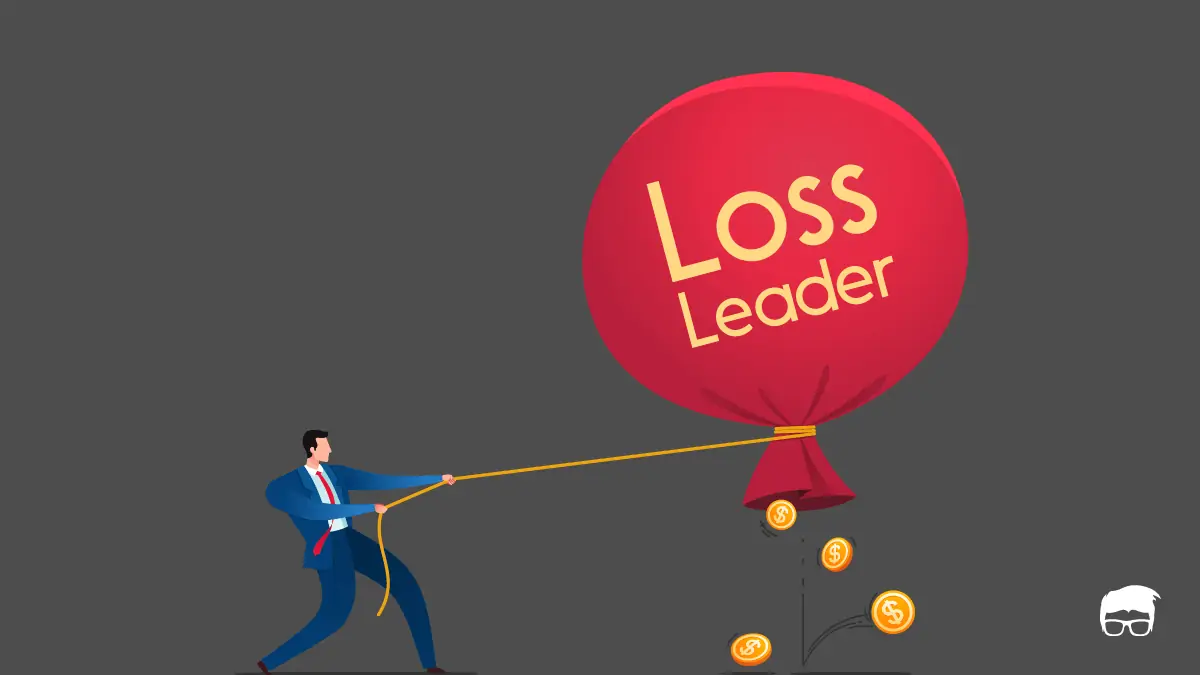Going green is becoming a profitable business strategy seeing the environmental scenario today. Green business practices not only open a new market of environment lovers, but also enjoy a favourable public sentiment among existing customers, and supportive government policies to help the company grow more.
According to a report by Nielsen, 66% of global consumers say they’re willing to pay more for sustainable brands. This, even though is good news, has led to the creation of an atmosphere of suspicion among the customers as according to a report by TerraChoice Environmental Marketing, 98% of green-labelled products are actually greenwashed.
With statistics so astounding, you might be curious as to what is greenwashing as why should you know about it?
What Is Greenwashing?
Greenwashing (also called green sheen) refers to the act of portraying an organization’s product or services as environmentally friendly only for the sake of marketing. In truth, the product or service doesn’t have or hardly has any environmental benefits.
In fact, they may be operating in damaging ways to the environment while making the opposite claim.
An example of greenwashing is the American multinational oil and gas corporation ExxonMobil indicating they were reducing greenhouse gas emissions while they were actually increasing.
There are basically two types of greenwashing:
- A company which claims credit for an existing production method as if they were influenced by an eco-friendly directive. For example, a company may eliminate the use of shrink wraps for packaging to cut costs but portray it as a green initiative.
- A company might lie about the eco-friendliness of a product by using phrases such as “Best in class ecology”, packages showing green fields and flowers, certifications from ecomaniacs This is a more extreme form of greenwashing.
Types Of Greenwashing
Greenwashing can be categorized into several types, 5 of the most prominent types being –
1. Environmental Imageries
Using images of leaves, animals, green packaging, etc are all ways of classic greenwashing. In truth, genuinely eco-friendly products generally use simpler images and plain packaging.
2. Misleading labels
Certain products are labelled “Certified”, “100% organic”, etc. without any supportive information to prove the same. There is a good chance that these labels are self-created and self-declared.
3. Hidden trade-offs
Corporations can put up an act of being environmentally friendly and sustainable but have a very non-environmental friendly trade-off. An example is when clothing companies use “natural” or “recycled” materials while the clothing is actually developed through exploitative conditions. Genuine companies would definitely provide more information on energy, water conditions, greenhouse gas emissions, etc.
4. Irrelevant Claims
Sometimes, you might come across labels that say they are free of certain chemicals. The substance might actually be banned by the law and is irrelevant to advertise as going green. In addition, you might have also come across labels that say, “not tested on animals”. This becomes irrelevant in places like China where testing on animals is required by law.
5. Lesser of two evils
This refers to when the company’s claim is true within the product category, but a greater risk or environmental impact prevails. An example is a company selling organic cigarettes.
Make sure when your own company or startup is planning on green initiatives, it has to be certified and backed up with all the necessary details. You definitely do not want to risk your company’s reputation.
Greenwashing Examples
Staying true to the promise is very rare when it comes to green products. Here are a few greenwashing examples where companies used green marketing strategies only to increase the sales but were not environmental friendly in true sense.
Volkswagen’s ‘Clean Diesel’
Volkswagen released an ad campaign to debunk the fact that diesel was bad and that it used a technology where it emitted fewer pollutants.
Later, the truth was revealed that Volkswagen rigged 11 million of its diesel cars with “defeat devices,” or technology designed to cheat emissions tests and that the vehicles emitted pollutants at levels up to 40 times the U.S. limit.
The federal agencies made the company to pay $14.7 billion to settle the allegations of cheating emissions tests and deceptive advertising.
EasyJet Less CO2
In a nation-wide press advertisement in 2008, EasyJet claimed that its plane emitted 22% less carbon dioxide than other planes on the same route.
This claim was debunked by the Advertising Standards Agency as the company did not make it clear that the figure was related to emissions per passenger and the airline was able to reduce the emission simply because of the fact that EasyJet planes could carry more passengers than traditional airlines.
Importance Of Addressing Greenwashing
Although greenwashing has been around for many years, the process has escalated alarmingly in recent years. This is because of the growing consumer demand for green products.
Being a consumer in search for quality products, you should be careful about the “Green Lies” that are sold in the name of “Green Goods”. The price for natural or organic labelled foodstuff is much higher than those without such labels hoping that the companies are truthful.
Critics agree that greenwashing is, in fact, harmful to public health as well as environment. In 2008, the Malaysia Palm Oil Council had a TV commercial which portraying itself as quite eco-friendly. However, critics soon pointed out that palm oil plantations are closely linked to rainforest species extinction, habitat loss, pollution, and other effects. The ad was then identified as a violation of advertising standards.
And with the buzz about greenwashing so common, company owners have to be careful of presenting baseless claims of being environmentally friendly. It only takes one complaint to the Advertising Standard Authority (ASA) to instigate an investigation against your company’s claims.
Greenwashing thus takes a toll on everyone who is involved. Customers are duped into buying products that they believed are environmentally friendly but are actually not. Once exposed, the offending businesses suffer from lower consumer confidence.
Go On, Tell Us What You Think!
Did we miss something? Come on! Tell us what you think about our article on what is greenwashing in the comments section.
Started off as a pilot but took the road of entrepreneurship. Ask me anything about the changing trends and the startup ecosystem.
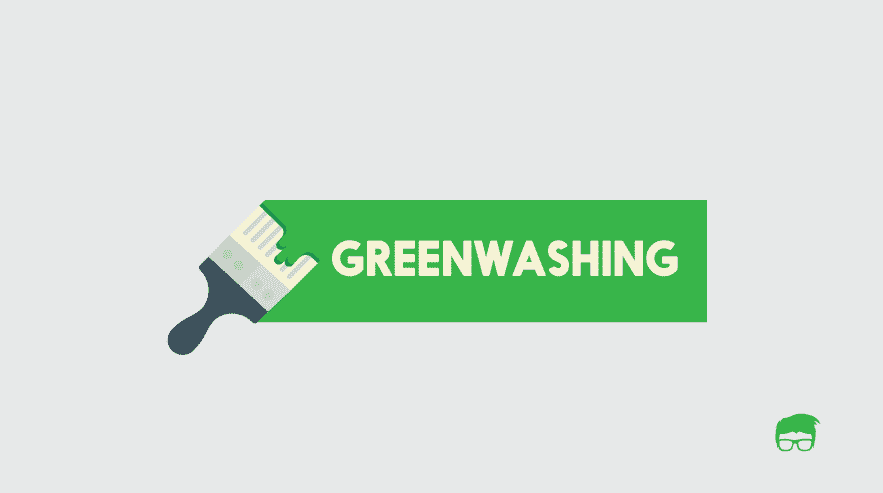
![What Is Green Marketing? [The Complete Guide] green marketing](https://www.feedough.com/wp-content/uploads/2018/11/green-marketing.webp)

